Curl Quiz
Not sure which products are right for you? Take our Quiz to find your personalized routine.
Finding your perfect routine starts by identifying your hair texture. We know that each head of curls is unique and can take on many shapes. That’s why we’ve updated the way we are speaking to curls to be more direct, inclusive, and scientifically-rooted. All curls are beautiful and should be celebrated.
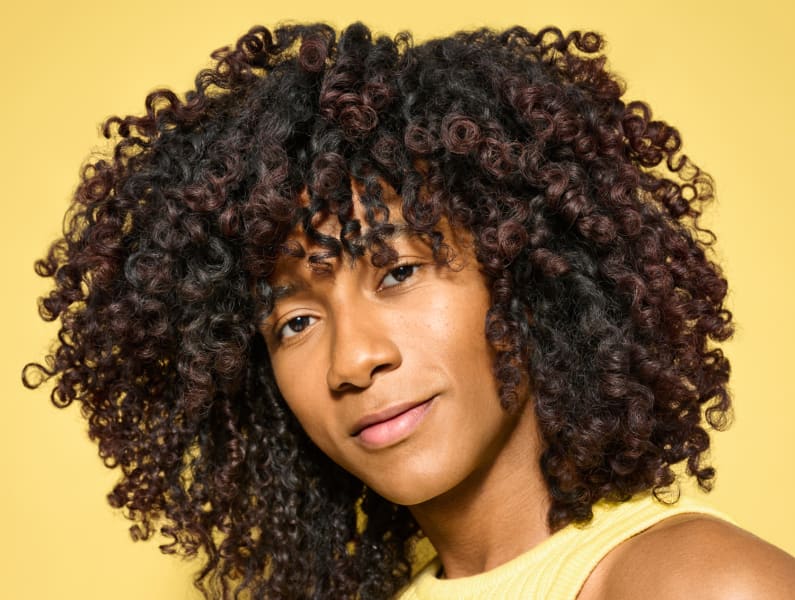

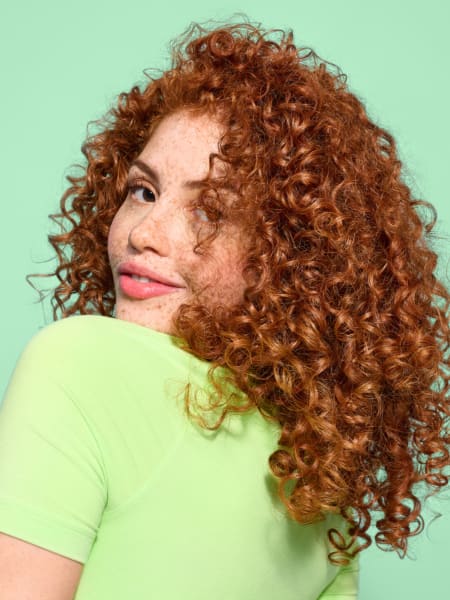
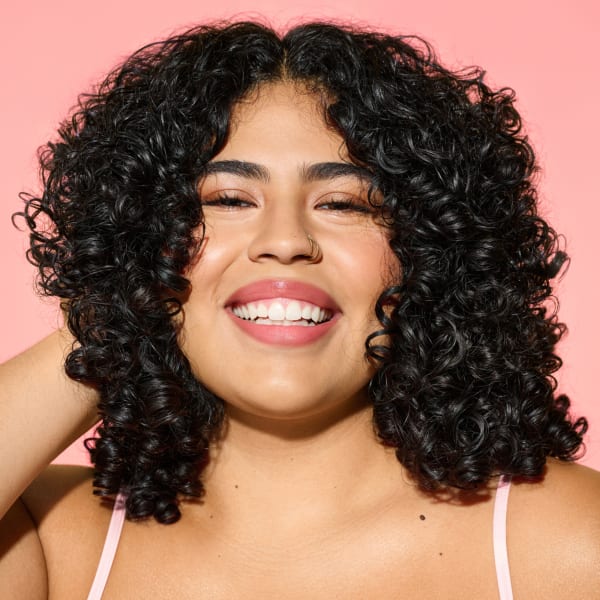
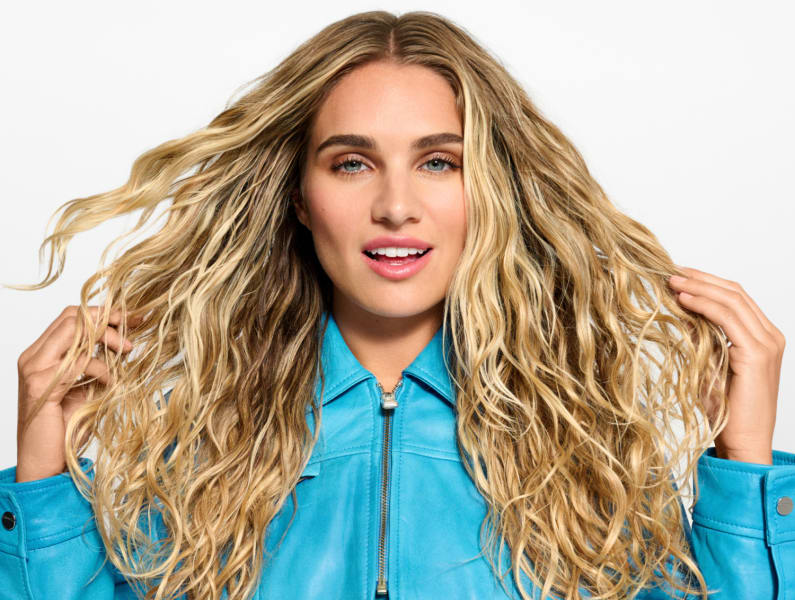
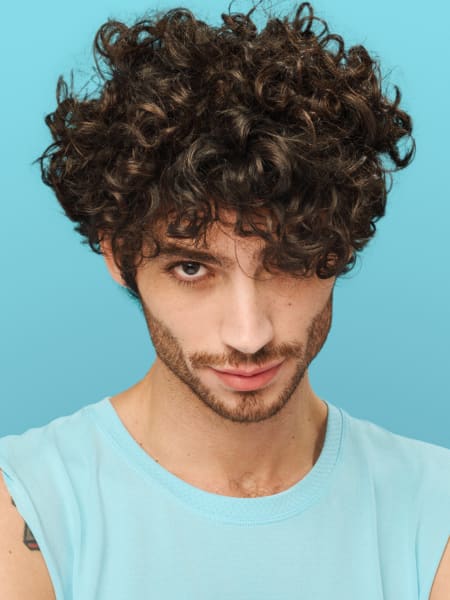
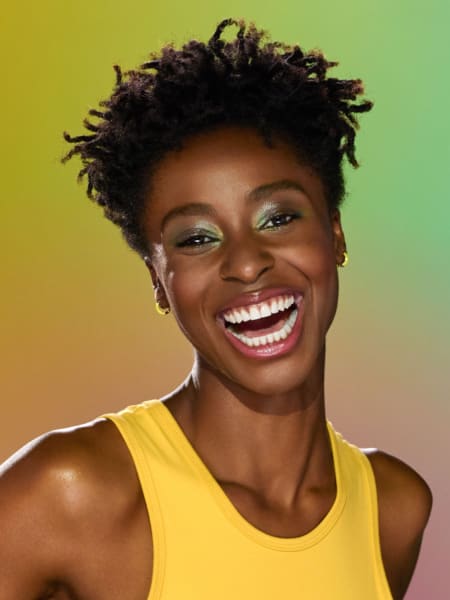
Determining your hair texture is the key to finding the products that will work best with your curls, whether wavy, curly or coily. But wait, what is hair texture? It’s a term used to describe the thickness or width of each individual hair strand, better known as fine, medium, or coarse.
Fine strands are not easy to see or feel between fingertips. They appear to be thin and may not hold styles well.
Take a single strand and lay it on a white piece of paper. If it’s hard to see or feel between your fingertips and appears thin, it is fine.
Fine Texture
Medium strands are easy to see and not difficult to feel between your fingertips. They tend to appear full and hold styles well.
Take a single strand and lay it on a white piece of paper. If it is visible and not hard to feel between your fingertips, it is medium.
Medium Texture
Coarse strands are highly visible and easily felt between fingertips. They appear very full and hold styles well.
Take a single strand and lay it on a white piece of paper. If it’s highly visible and easy to feel between fingertips, it is coarse.
Coarse Texture
You've got this, Deva.
The Strand Test
The easiest way to determine your hair texture is by taking a single strand and laying it flat on a white piece of paper.
If your hair is not easy to see or feel between your fingertips, appears thin, and may not hold styles well, you have fine hair texture.
If your hair is visible, not hard to feel between fingertips, appears full, and holds styles fairly well, you have medium hair texture.
Lastly, if your hair is highly visible, easily felt between fingertips, appears very full, and holds styles very well, your hair texture is considered coarse.
When we say 'hair texture' or 'curl texture', we refer to the thickness or width of the individual hair strand, better known as fine, medium or coarse. That's because waves, curls and coils can be fine, medium or coarse. Curl pattern, which we reference as waves, curls and coils, speaks to your strands' shape.
We believe knowing your curl pattern is important — however, at DevaCurl® determining your hair texture is even more important in finding what your waves, curls or coils need.
Now that you know your curl texture, you can discover products that will give your waves, curls, or coils what they crave. Are they dry, lacking definition, or damaged? We’ve carefully curated products to suit all of your needs.

This is a big one! If your curls are dry and lackluster, they may need some moisture. Quench your curls with our moisturizing formulas.
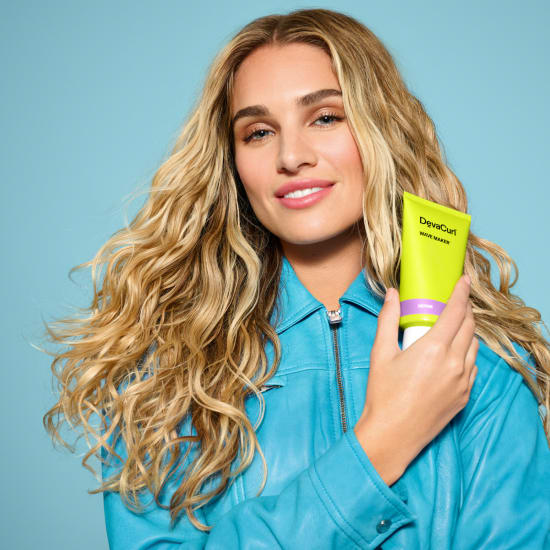
If more curl definition is your goal, finding the right styler will get you there — we’ve got you.
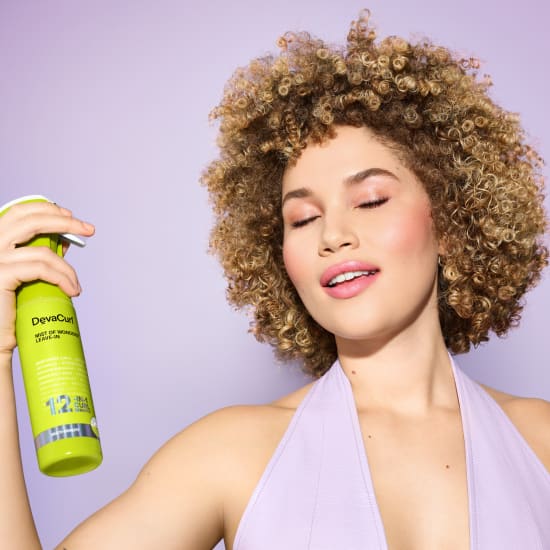
If you color or heat style, bond with this reparative collection for the TLC your curls need.
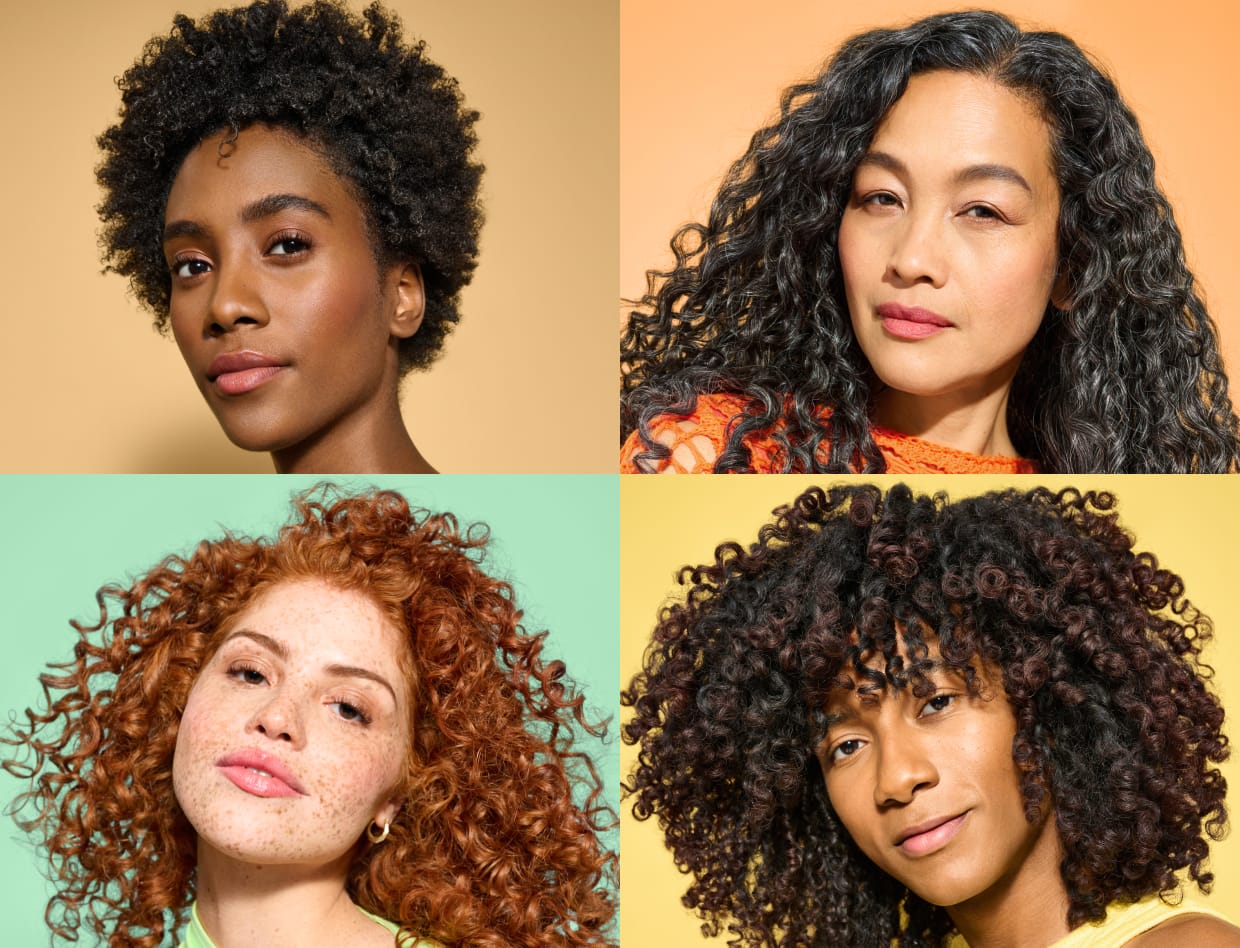
Not sure which products are right for you? Take our Quiz to find your personalized routine.
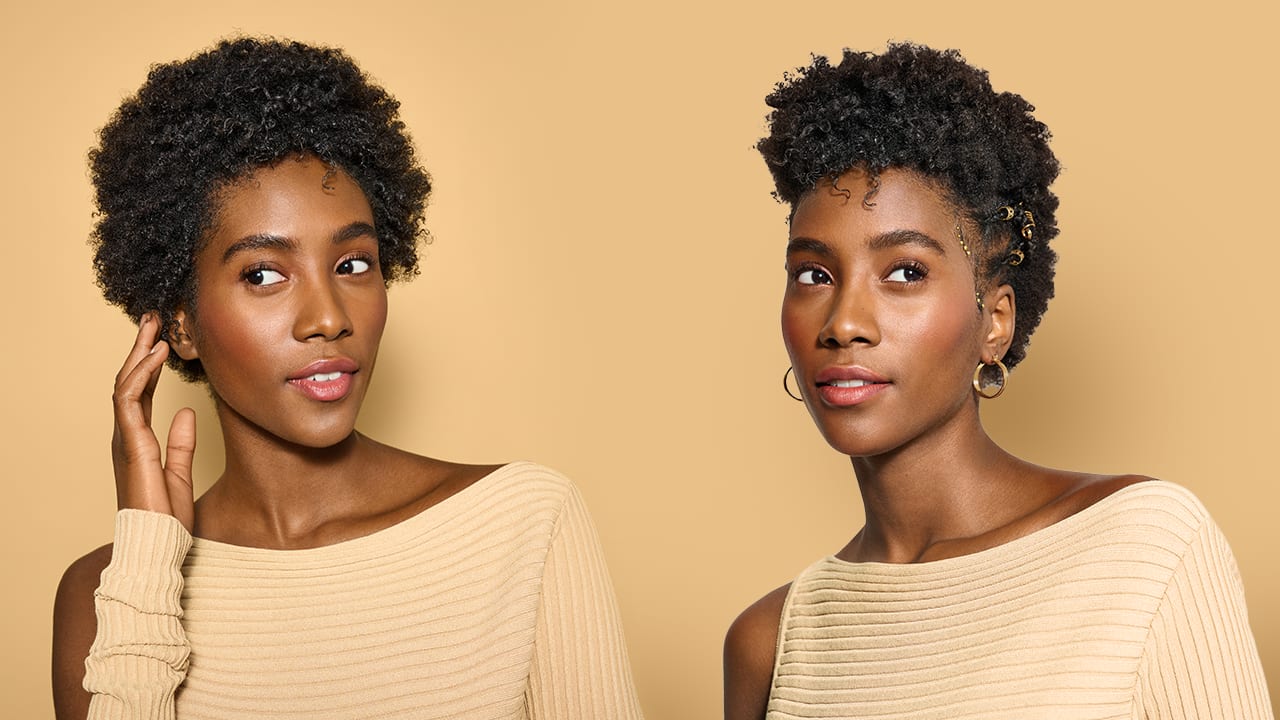
We’re here for you wherever your journey takes you — from natural texture to braids, highlights, twists, or extensions. Go ahead & live your curls. We’ve got you, and you’ve got this.